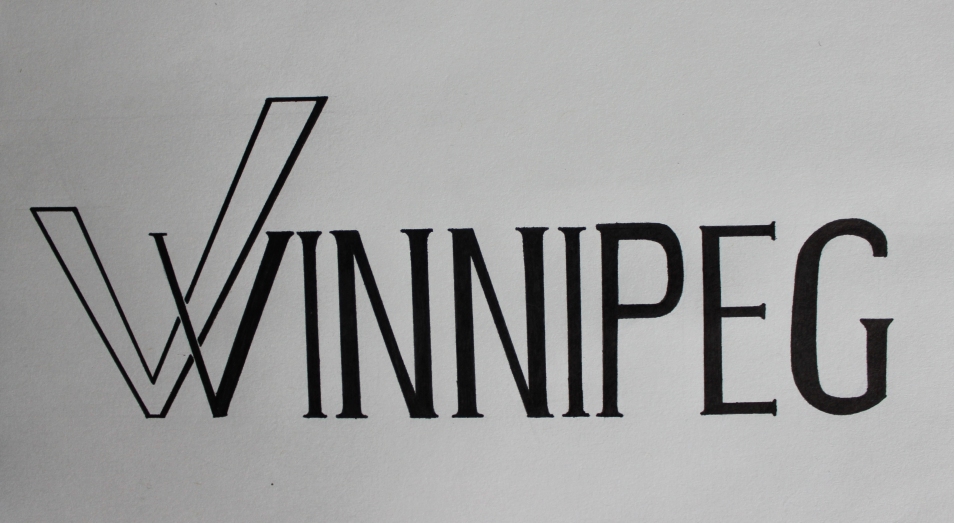A few months ago, my family and extended family went to Lamtoc, Negros Oriental Philippines. These are some of the photos I took during our vacation.
Monthly Archives: October 2014
I’m Voting Because …
I’m voting for the first time as a Canadian citizen.
I became a Canadian citizen March this year. I renounced my Filipino citizenship and swore to Her Majesty and sang “Oh Canada”. It was a surreal experience, and it hasn’t sunk in to me yet that I’m now a Canadian citizen.
I’m voting because I want to experience a Canadian election.
I’ve only voted once in my life. I was 18 and there was a municipal election for city councilors and district representatives in Pasay City, Philippines. I was excited because I was voting for the first time. I was also uninterested because I wasn’t familiar with the candidates. When I went to the voting location, I didn’t expect it to be loud, crowded, and chaotic. The process was slow and confusing. It was disappointing and discouraging for first-time voters like me. Nevertheless, I’m still looking forward to voting—whether in the Philippines or here in Canada.
I’m voting because I want to vote.
I want to know what it feels like to vote and how it feels like a year after the elections.
I’m not political, despite what some of my friends think. I still have a lot to learn and understand in politics. I don’t know all the political spectrum, party politics, and ideologies. I don’t read the news everyday. And I certainly I don’t know all the Canadian officials, cabinet members, MPs, and MLAs.
But I was born and raised in a country where government officials do atrocious acts for power and money. These people who were elected to serve the country steal the citizens’ hard-earned money and live extravagant lifestyles as they watch the poor suffer the consequences.
I’ve been disappointed far too many times with Philippine politicians. But that’s why I’m voting—because I have hopes for the City of Winnipeg. This city is now my second home—I want it to prosper and to be livable. Voting gives me hope that I could make a difference because I now live in Canada.
Now, if only I could figure out who to vote at the 2014 Winnipeg Civic Elections on October 22nd.
Book: Rizal Without the Overcoat – Intro
I’m currently reading Rizal Without the Overcoat, a collection of essays and articles about Jose P. Rizal, the national hero of the Philippines. Rizal was also famous for writing Noli Me Tangere (1887) and El Filibusterismo (1891), the two novels that exposed the Spanish colonization and the Catholic Church in the Philippines.
The anthology is written and compiled by Ambeth Ocampo. The articles are collected from his column, “Looking Back”, published bi-weekly in the Philippine Daily Inquirer.
Ambeth Ocampo is a renowned public historian in the country focusing on the 19th Century Philippines and an associate professor at De La Salle University, Manila, Philippines.
—–
When I was a high school student, I read Rizals’ novels because it was part of the curriculum. Years later, I realized that I wanted to read them again–I wanted to know more about Rizal and why he was a hero. I wanted to know more than what I’ve learned in high school. That’s why I bought this book.
And that’s why I’m writing about the book.
I wouldn’t exactly call this series of posts a book review; rather, it’s a series of posts where I analyse each chapter in the book.
I will summarize each chapter by taking out important points and highlighting historical facts that either validate or refute people’s opinion or knowledge about Rizal. I will quote Rizal and Ocampo to provide proof and to support my analysis.
In short, this ‘Rizal’ series is like writing an academic paper but on a website. The anthology has 9 chapters–I’ll make it a personal goal to finish it before December 30th, to commemorate Rizal’s 118th death anniversary.
—–
History is a living and lively account of what we were and are; it could and should be as real to each of us as stories about family or about recent and past events, as anecdotes about people known and unknown, as fiction read in books. If all of that makes us understand humanity better, so does history make us understand ourselves and our country infinitely better, in the context of our culture and society.
Foreword by Doreen G. Fernandez in Rizal Without the Overcoat
1990











